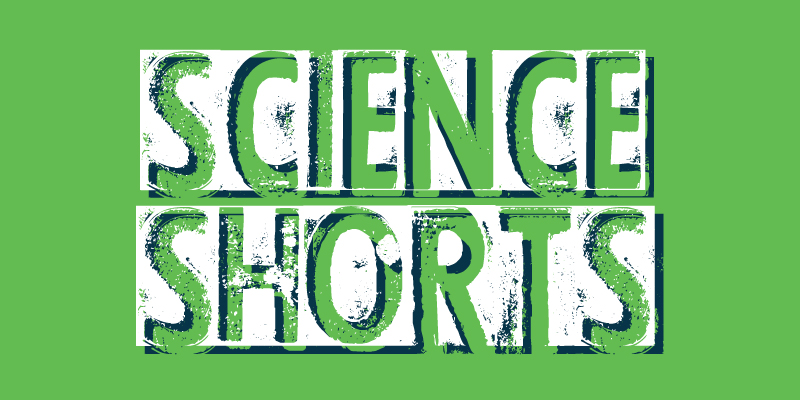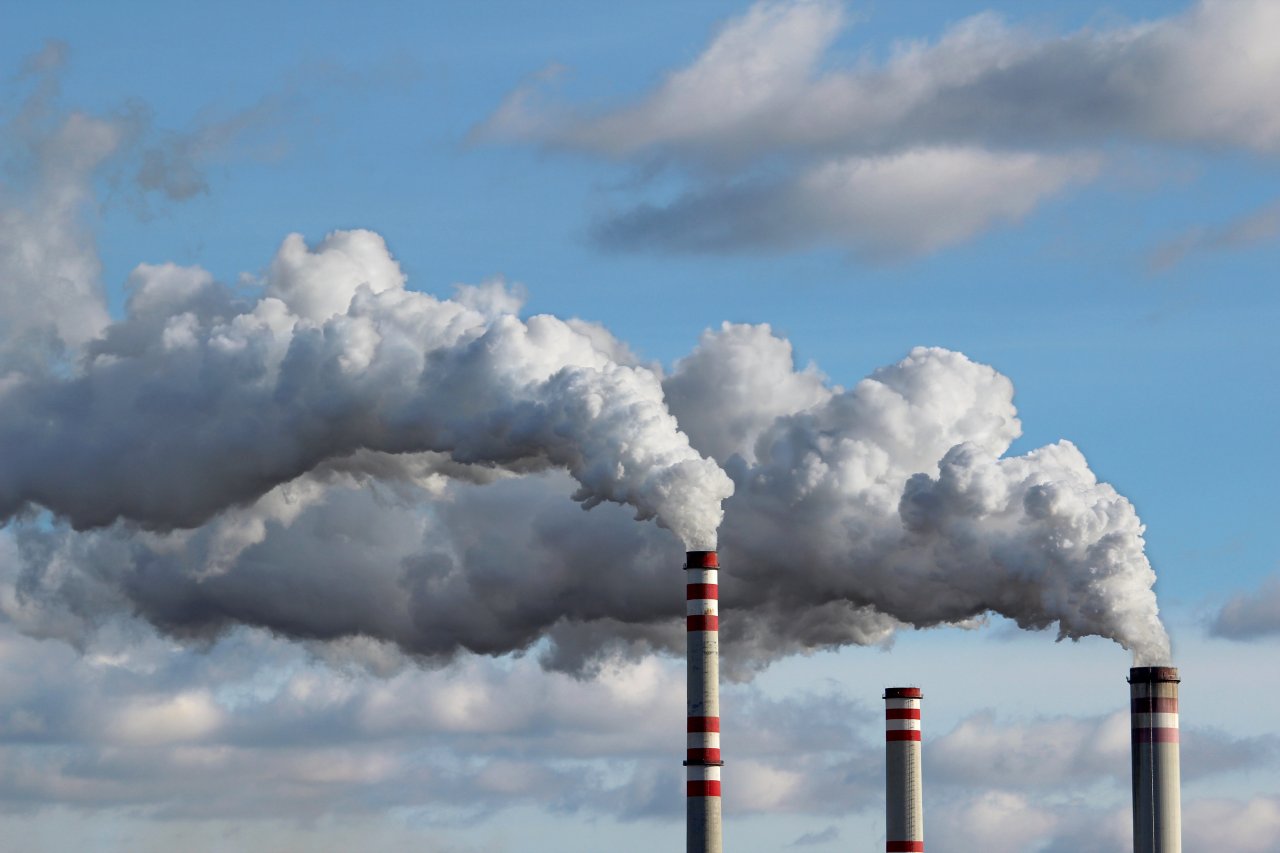 Pollution Impacts on Gut Microbiome (starts at 1:00) The Environmental Protection Agency has downgraded the air quality in the Denver Metro and Northern Front Range area to “severe” nonattainment for ground level ozone. Shannon Young talks with Dr. Tanya Alderete (University of Colorado Integrative Physiology Department) about a recent study showing how air pollution may also affect the gut microbiome in people as young as infants.
Pollution Impacts on Gut Microbiome (starts at 1:00) The Environmental Protection Agency has downgraded the air quality in the Denver Metro and Northern Front Range area to “severe” nonattainment for ground level ozone. Shannon Young talks with Dr. Tanya Alderete (University of Colorado Integrative Physiology Department) about a recent study showing how air pollution may also affect the gut microbiome in people as young as infants.
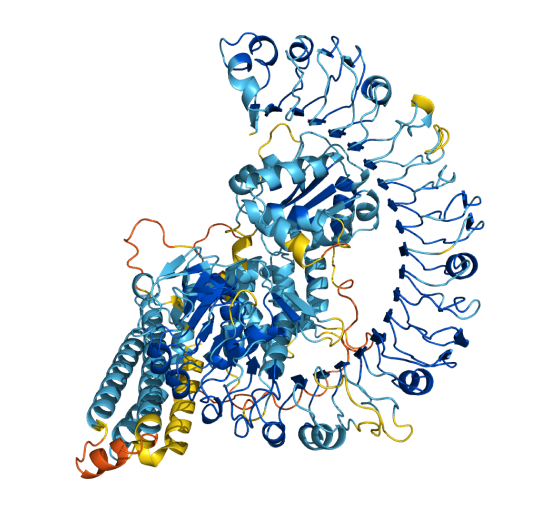 Folding Proteins (starts at 15:53) Proteins are essential for the function of our bodies and other biological systems. One mystery is how proteins containing hundreds of amino acids are able to quickly and efficiently fold into the necessary complex structures. How on Earth’s Shelley Schlender talks with Dr. Larry Gold about this origami mystery and how the Deep Mind artificial intelligence consortium created the AlphaFold program, which predicts the 3D structure of proteins and won a Breakthrough prize. Also check out this presentation about identification of protein structures given by Dr. Krzysztof Fidelis.
Folding Proteins (starts at 15:53) Proteins are essential for the function of our bodies and other biological systems. One mystery is how proteins containing hundreds of amino acids are able to quickly and efficiently fold into the necessary complex structures. How on Earth’s Shelley Schlender talks with Dr. Larry Gold about this origami mystery and how the Deep Mind artificial intelligence consortium created the AlphaFold program, which predicts the 3D structure of proteins and won a Breakthrough prize. Also check out this presentation about identification of protein structures given by Dr. Krzysztof Fidelis.
Host: Joel Parker
Show Producer: Joel Parker
Executive Producer: Beth Bennett
Feature Contributors: Shannon Young, Shelley Schlender
Listen to the show here:
Podcast: Play in new window | Download (Duration: 27:00 — 37.1MB)
Subscribe: RSS



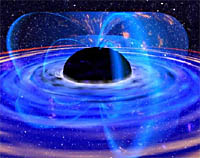
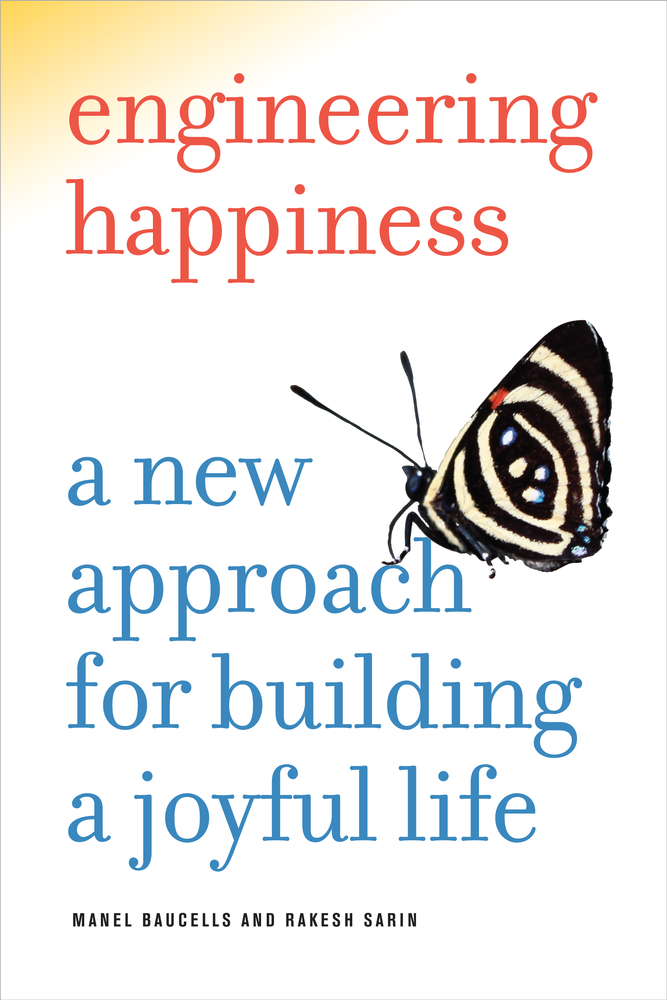 Today’s show features headline news about new methods for detecting skin cancer and using “
Today’s show features headline news about new methods for detecting skin cancer and using “ With graduation season upon us, today’s edition of How on Earth is Part 2 of our annual “Graduation Special” (you can
With graduation season upon us, today’s edition of How on Earth is Part 2 of our annual “Graduation Special” (you can 
 Katie Gach – University of Colorado,
Katie Gach – University of Colorado,  Jet Mante – University of Colorado,
Jet Mante – University of Colorado,  Abhijit Suresh – University of Colorado,
Abhijit Suresh – University of Colorado, 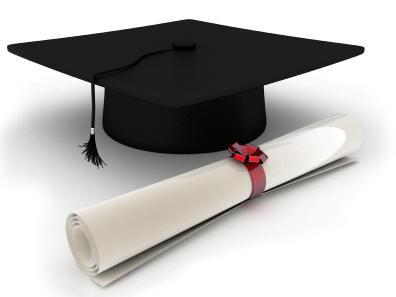 With graduation season upon us, today’s edition of How on Earth is Part 1 of our annual “Graduation Special” (you can
With graduation season upon us, today’s edition of How on Earth is Part 1 of our annual “Graduation Special” (you can 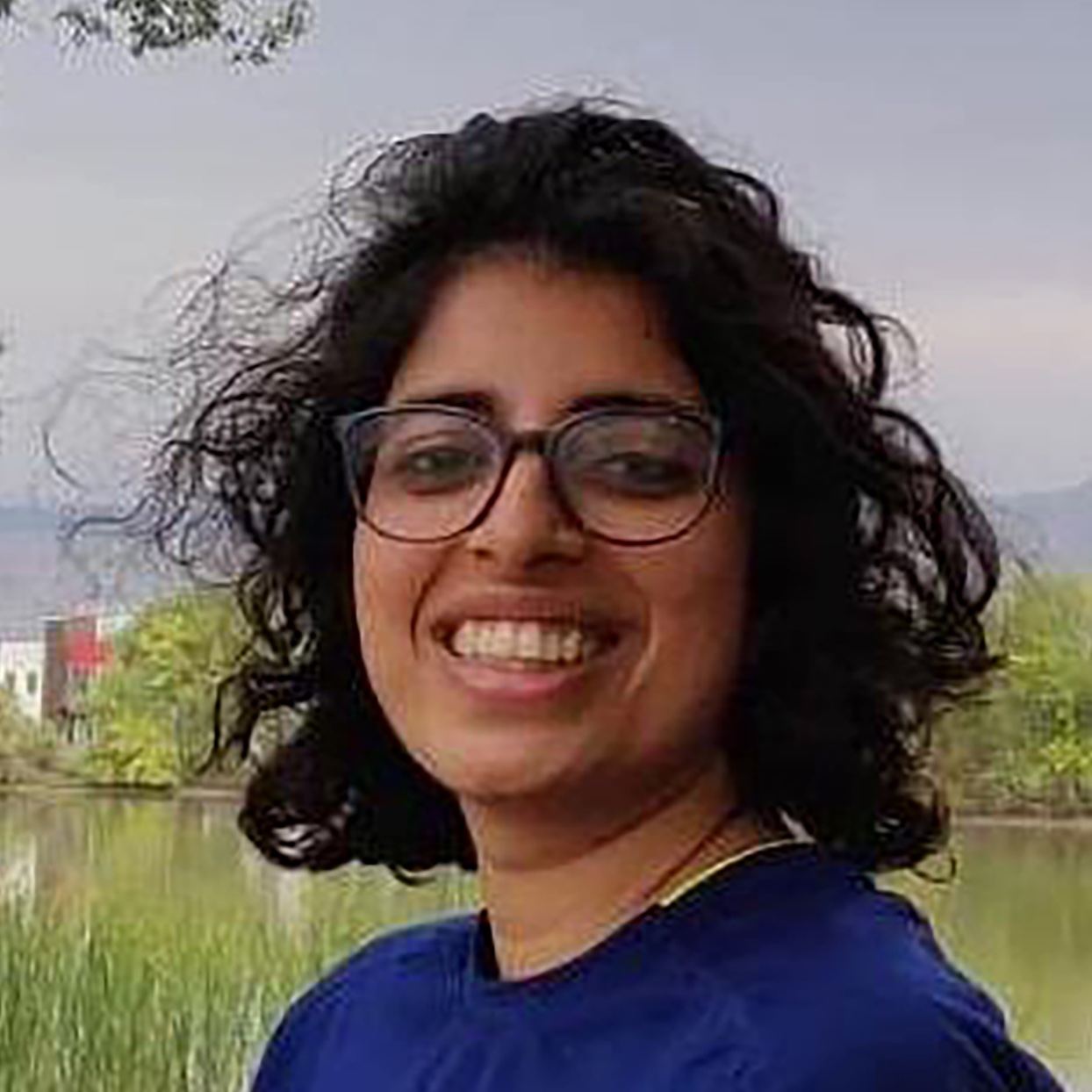
 Sarah Aguasvivas – University of Colorado,
Sarah Aguasvivas – University of Colorado,  Jessie Finocchiaro – University of Colorado,
Jessie Finocchiaro – University of Colorado,  We feature an interview with astronomer and author
We feature an interview with astronomer and author 
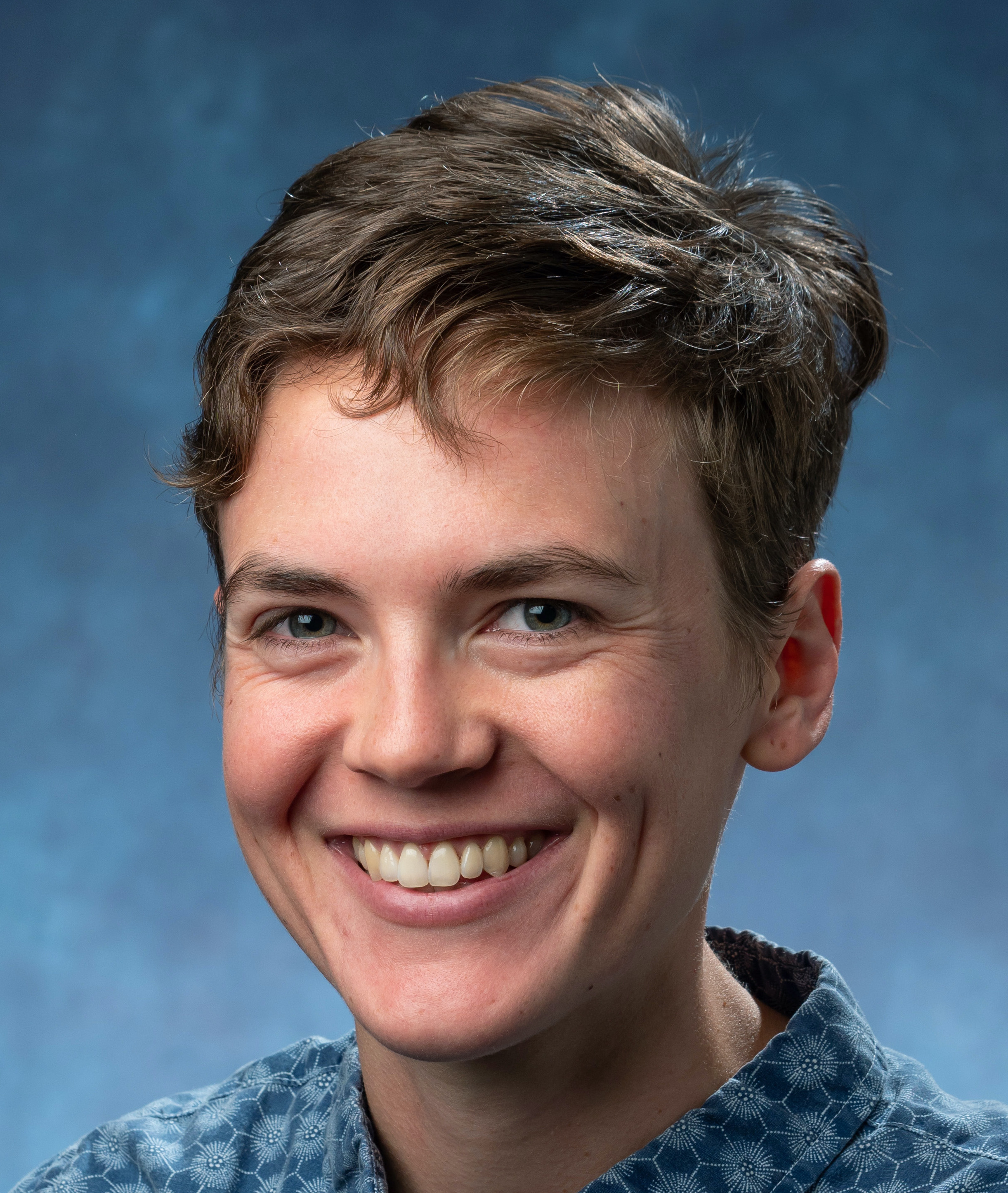
 Jason Silver – CU Boulder,
Jason Silver – CU Boulder, 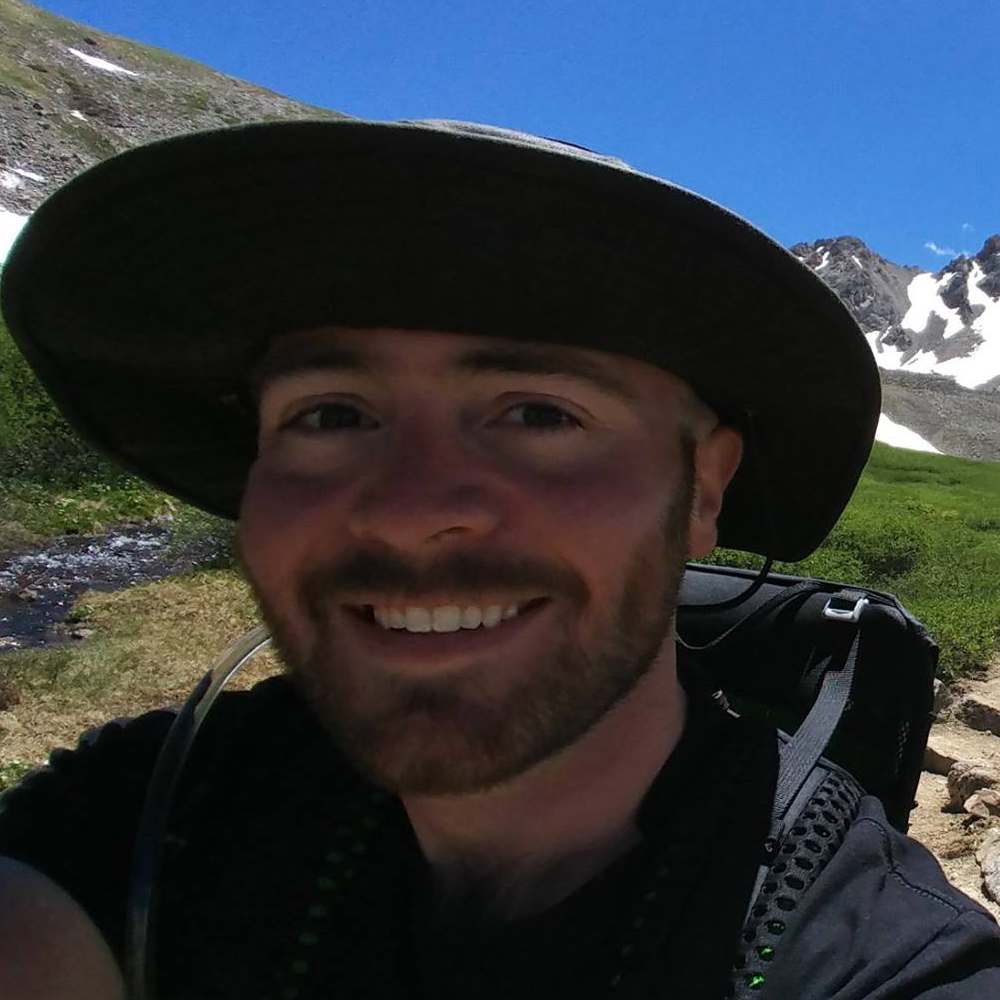 Zach Ulibarri – CU Boulder,
Zach Ulibarri – CU Boulder, 